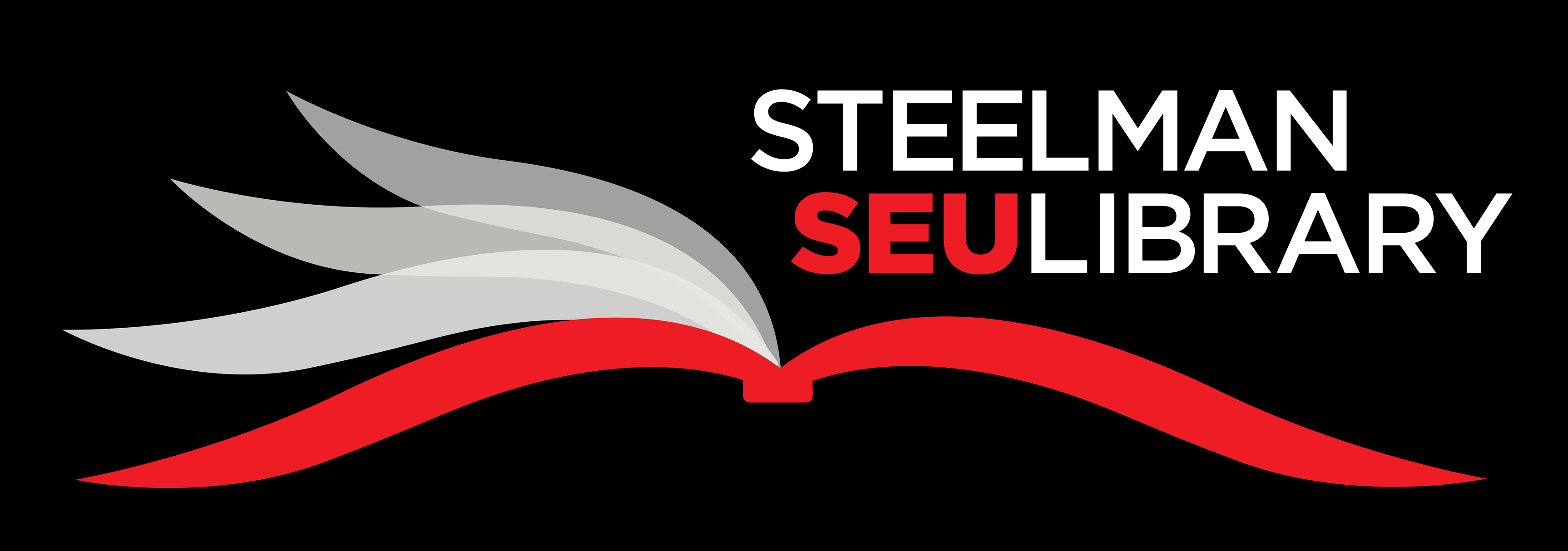Need Research Help?
A Steelman Librarian can help you locate resources.
Guidance from the librarian can be helpful in navigating online journals, ordering ILL, or locating Open Educational Resources outside Steelman.
This program is supposed to provide you with guidance on locating resources, but will not do all the work for you by providing an exact list of articles you should use for your research.
Graduate Research Request
Request a librarian to assist you with locating resources.
- Provide your thesis or problem statement, or scope of research.
- Fill out the rest of the form details.
- Within a week after you submit the form, you will receive an email with links and video instructions.
